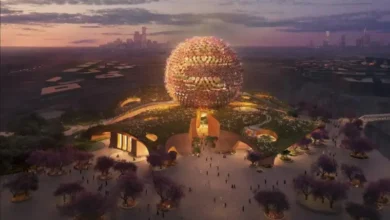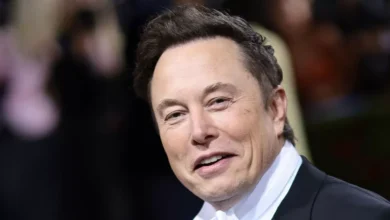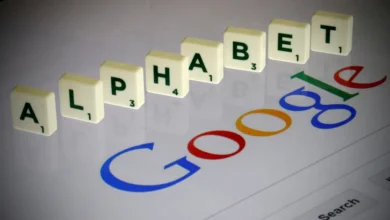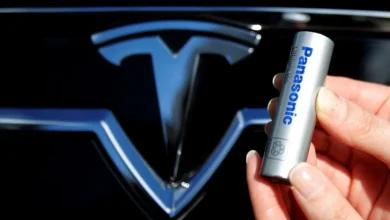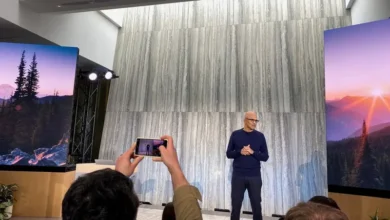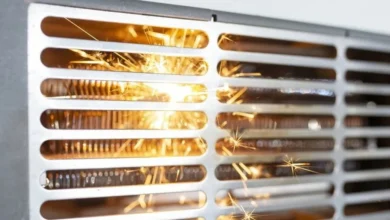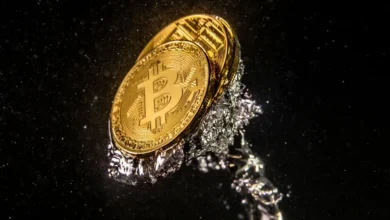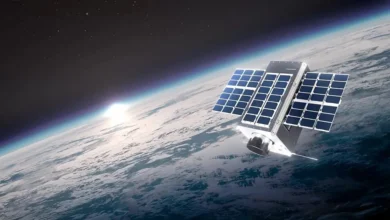Architect of China’s EV strategy Wan Gang sees future for hydrogen vehicles
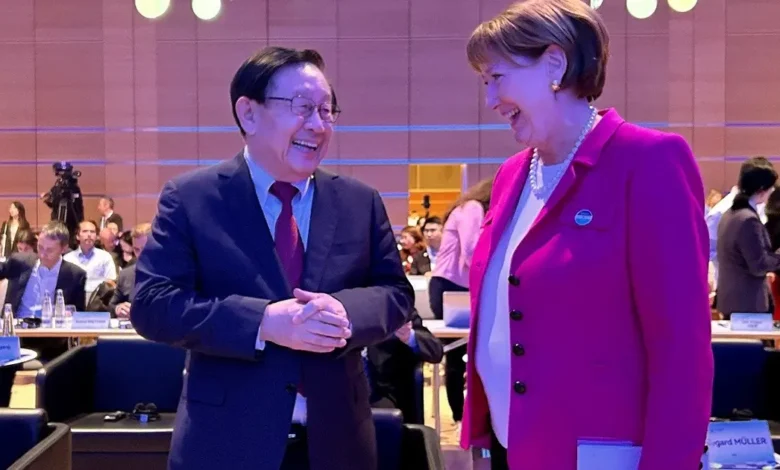
The architect of China’s world-leading electric-car push is convinced hydrogen vehicles will play an important role in the world’s biggest auto market.
Fuel-cell vehicles will be key especially in China’s North West, where distances between cities are long and electric-car adoption remains low, Wan Gang said Wednesday in Munich.
A former Audi executive who went on to become China’s science-and-technology minister, Wan convinced leaders two decades ago to bet on vehicle electrification, selling it not only as a way to boost economic growth but also to tackle China’s dependence on oil imports and pollution. His strategy — using government subsidies to bring carmakers and drivers on board — made China the dominant market for EVs.
Promoting hydrogen is “very beneficial as the fuel can also be used in maritime and rail transport, said Wan, a mechanical engineer trained in Germany. Especially China’s commercial-vehicle fleet could benefit from hydrogen drivetrains,” he added.
The comments are poised to please Germany’s main backer of the technology. BMW AG has built dozens of hydrogen test vehicles in the past years and is open to putting the drivetrain also in its “Neue Klasse vehicles due around mid-decade,” Chief Executive Officer Oliver Zipse said at the same event. The company this weekend unveiled the first prototype for its next-generation EVs at the IAA.
“For us talking about zero-emission vehicles always means talking about hydrogen as well,” Zipse said, adding that China should add more refueling stations near urban centers to bolster the technology’s relevance for private customers.
Hydrogen vehicles are struggling to take off because of high costs and a fledgling fueling infrastructure.
Mercedes-Benz Group AG has phased out the hydrogen-powered variant of its GLC SUV it built in small batches. While Honda Motor Co. stopped production of its Clarity hydrogen model in 2021, it has announced plans to start production of a fuel-cell vehicle in the US in 2024.
BMW operates a test fleet of 80 hydrogen-powered iX5 sport utility vehicles and is shipping them to several countries for test drives. The company will decide on potential serial production in the second half of this decade.

